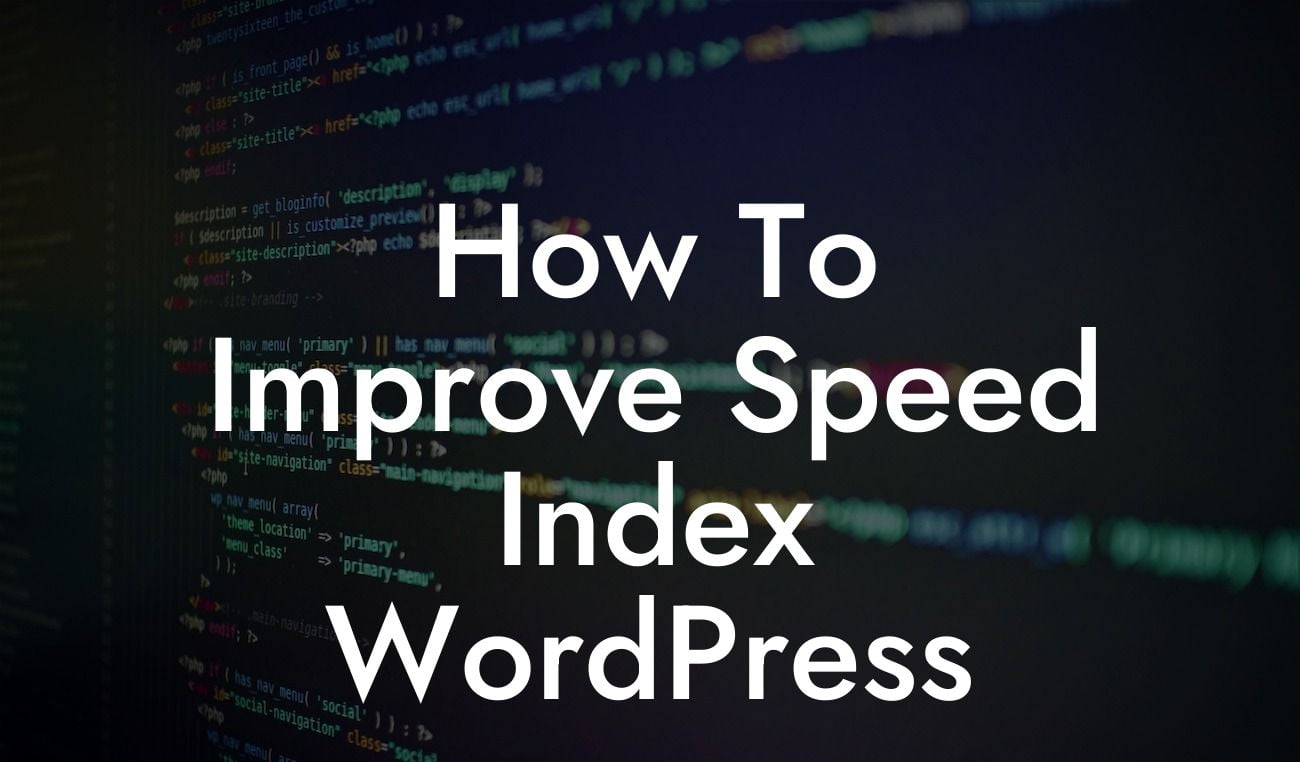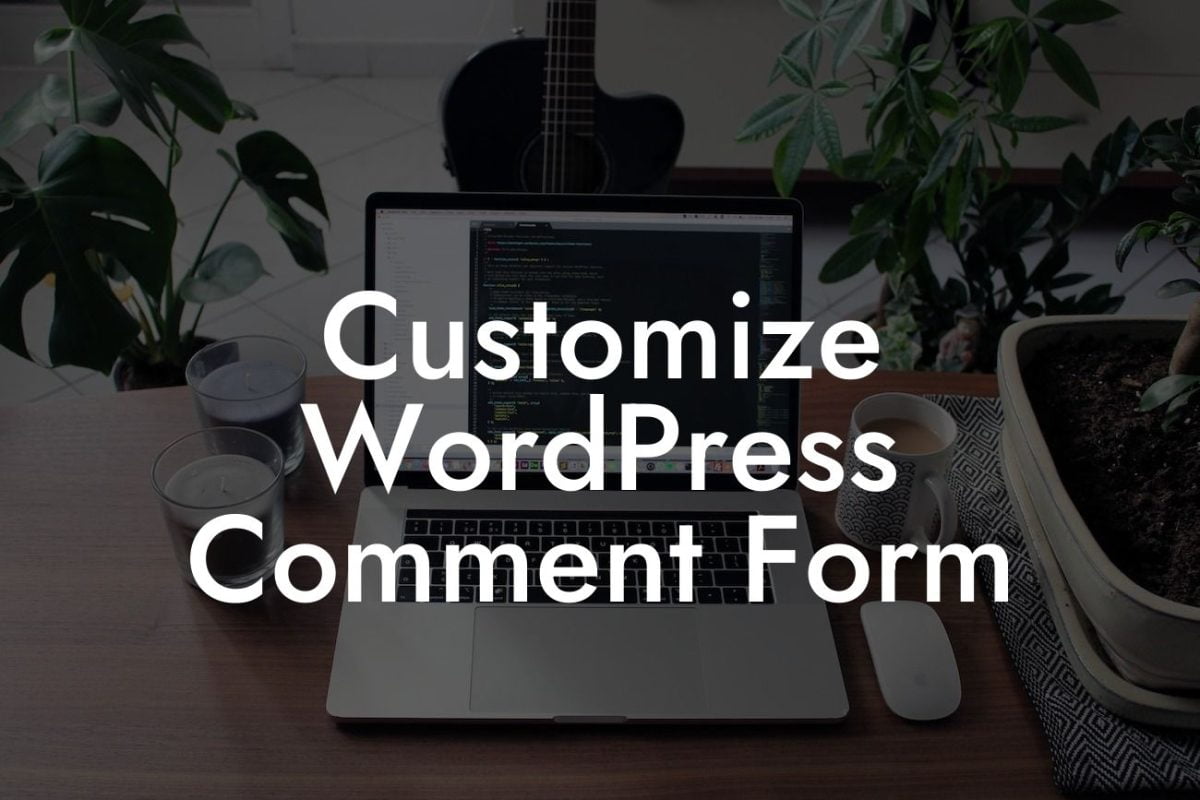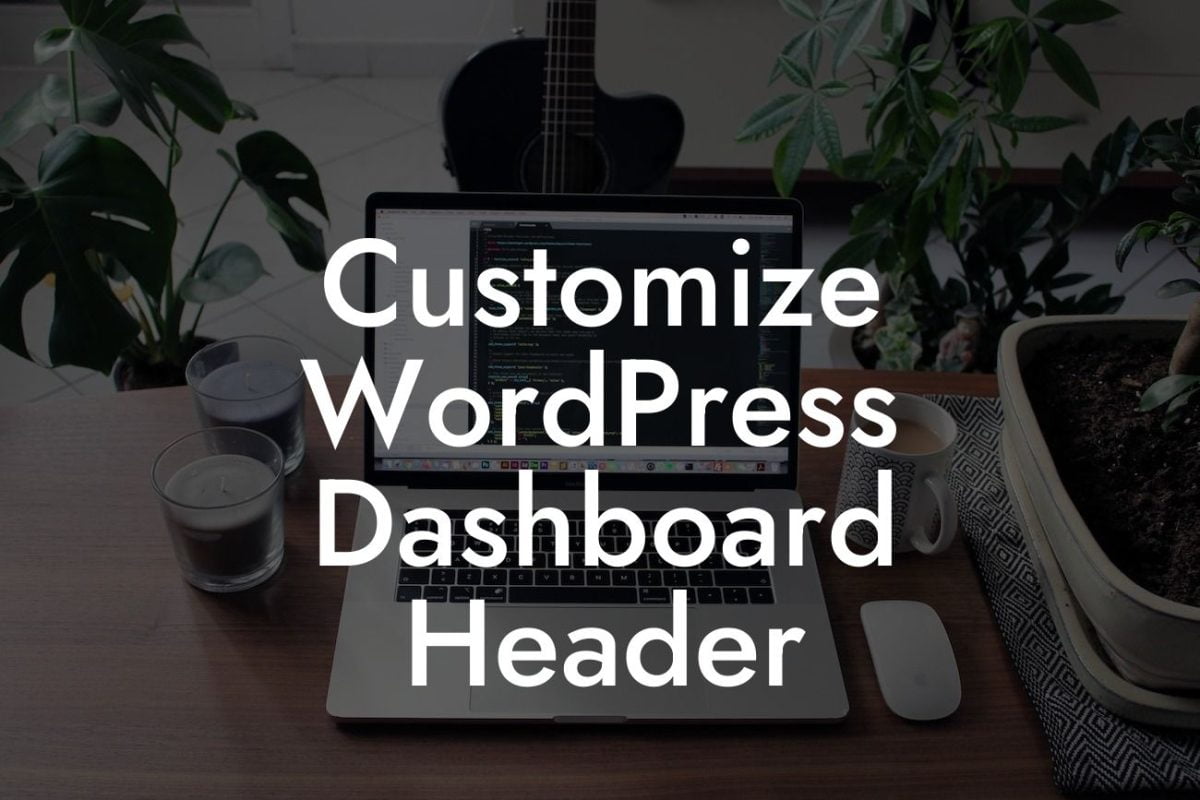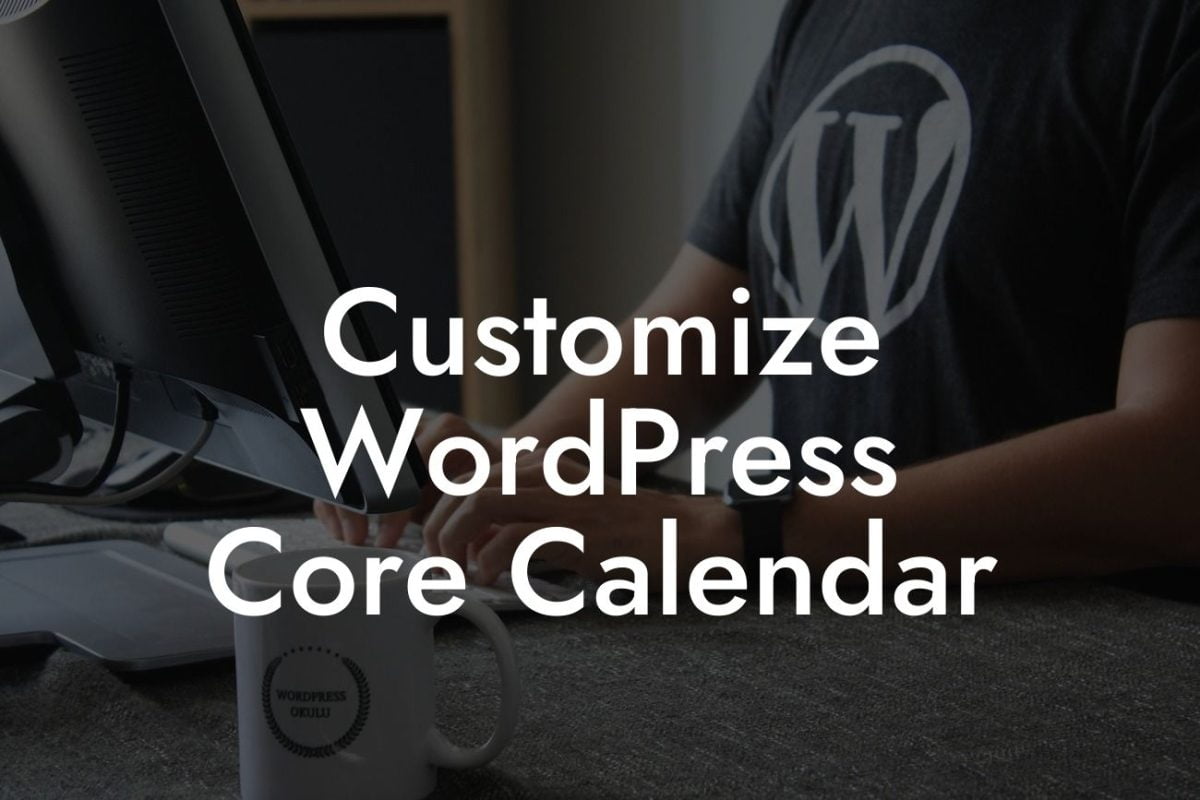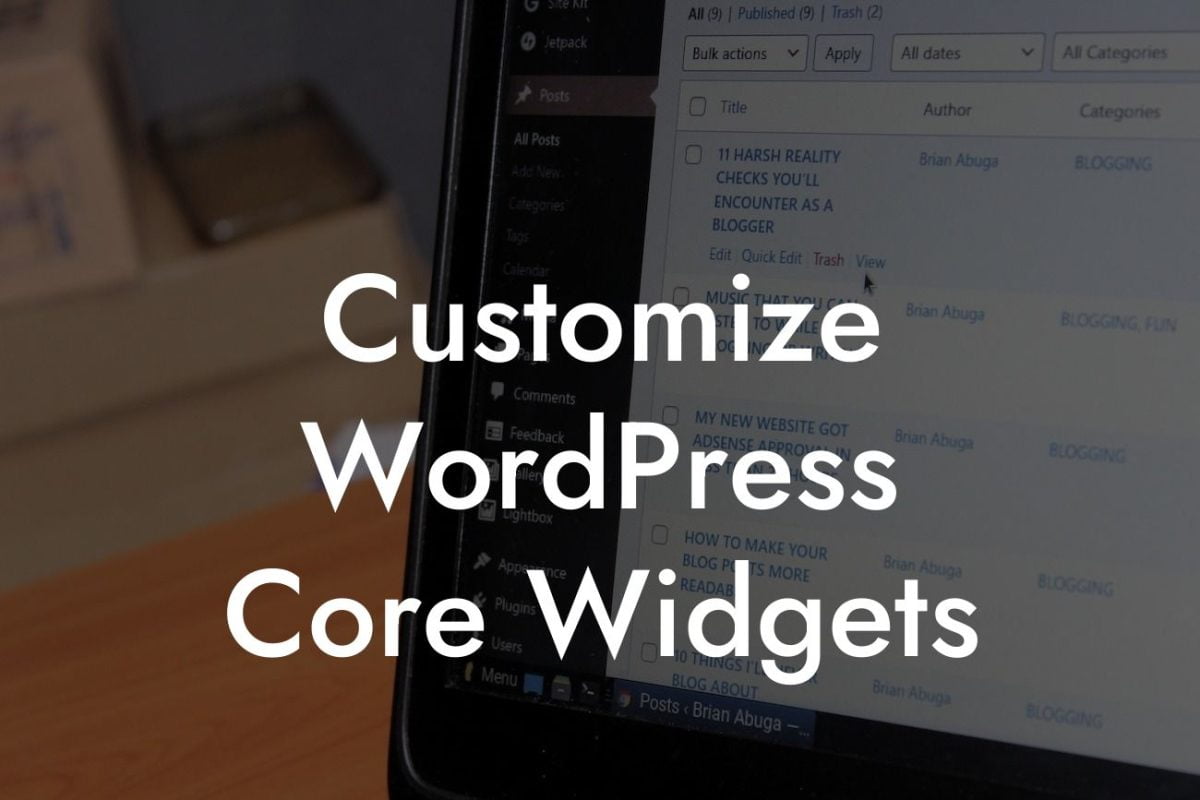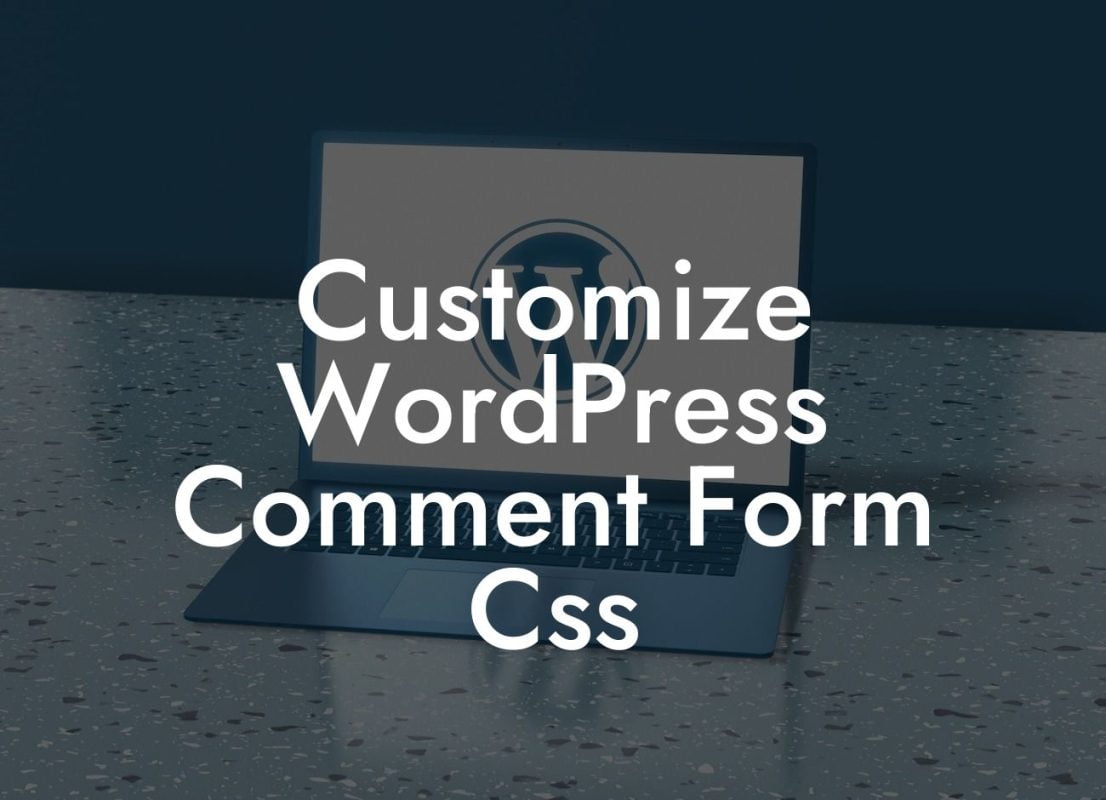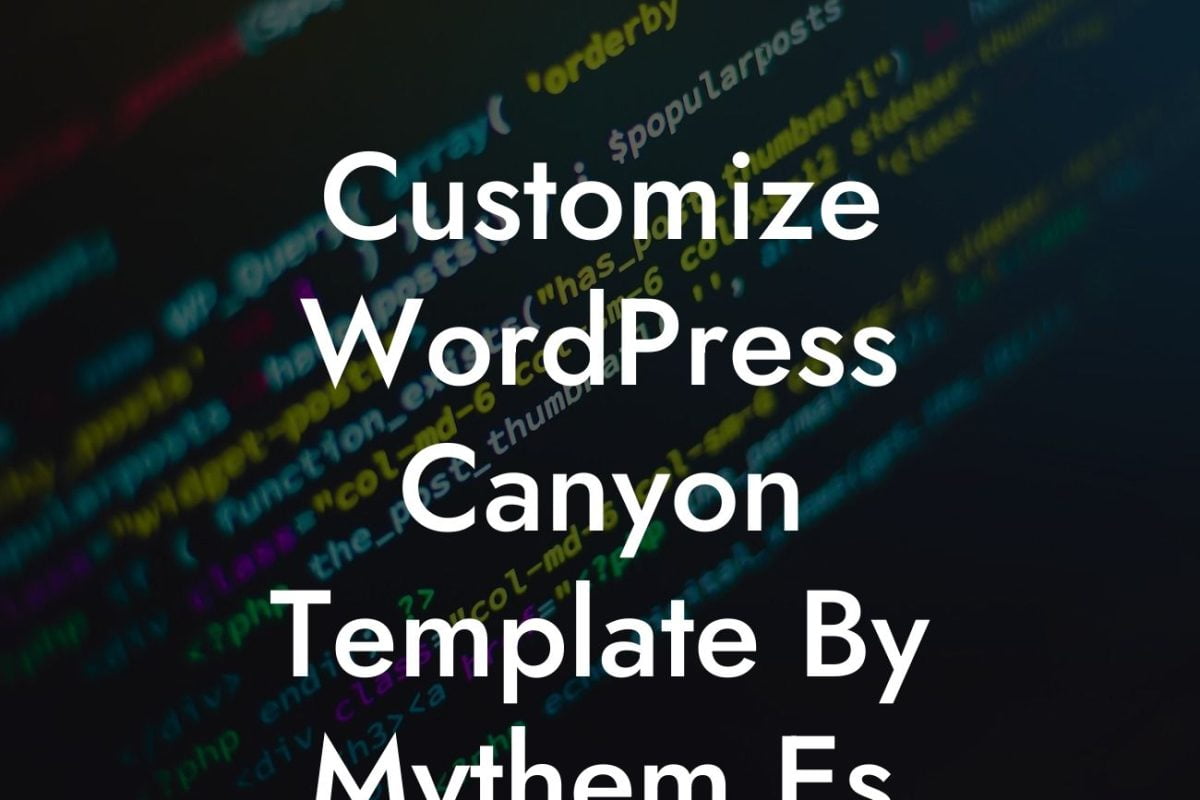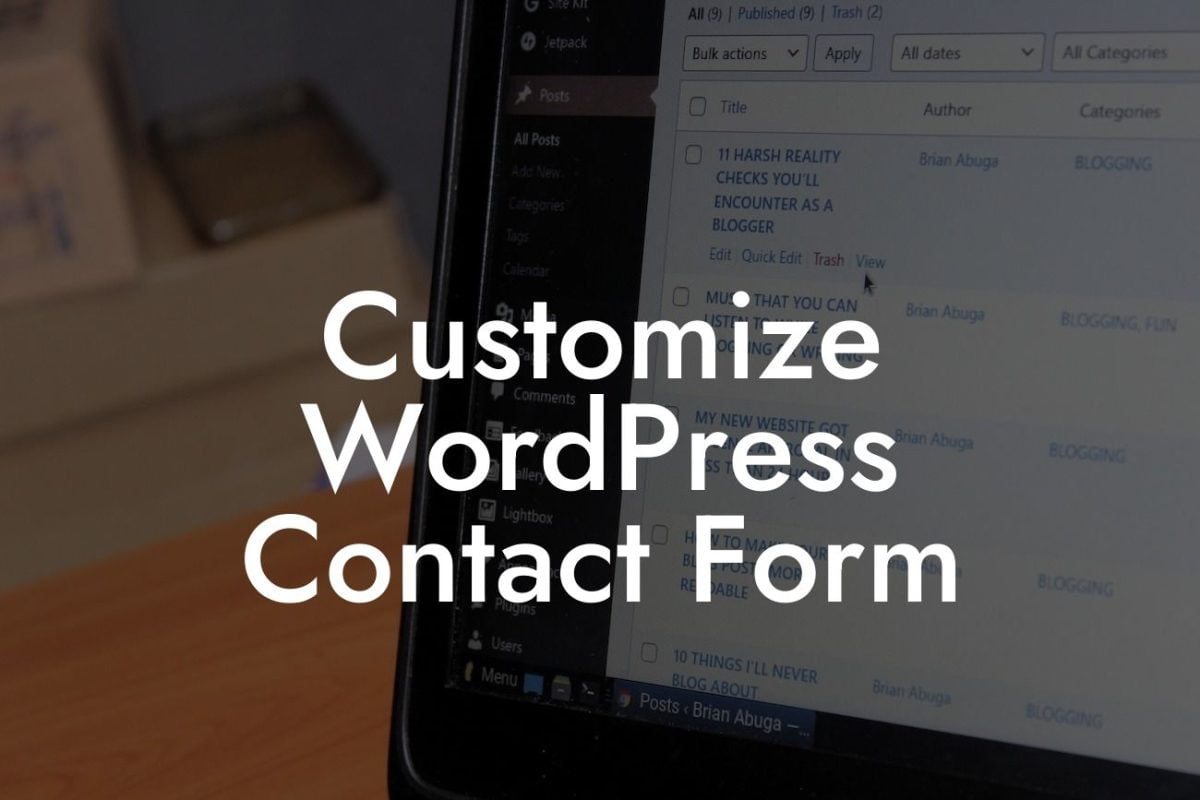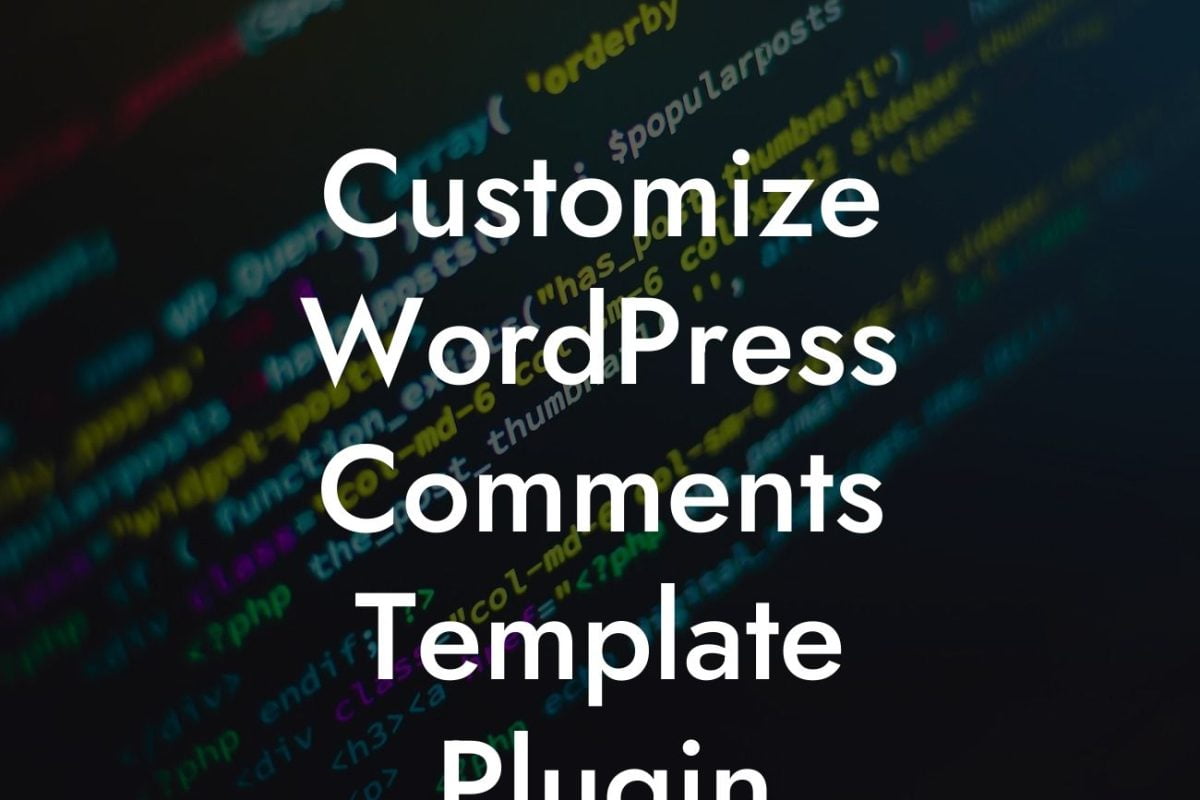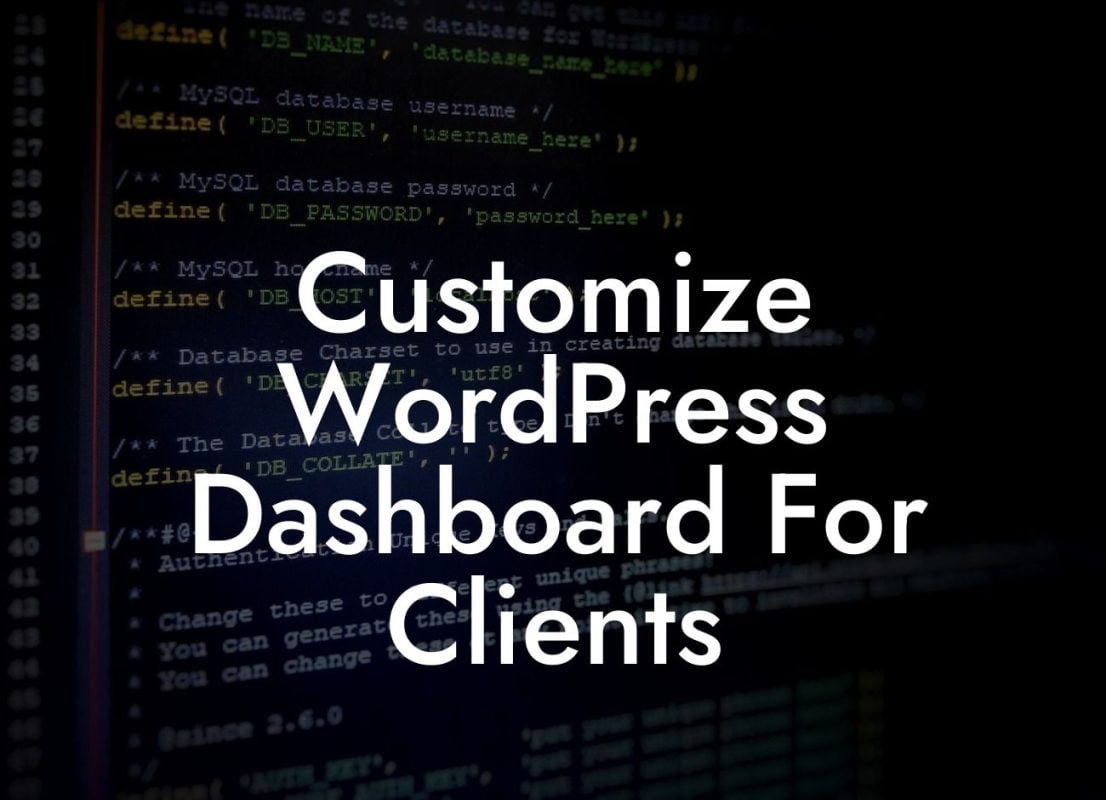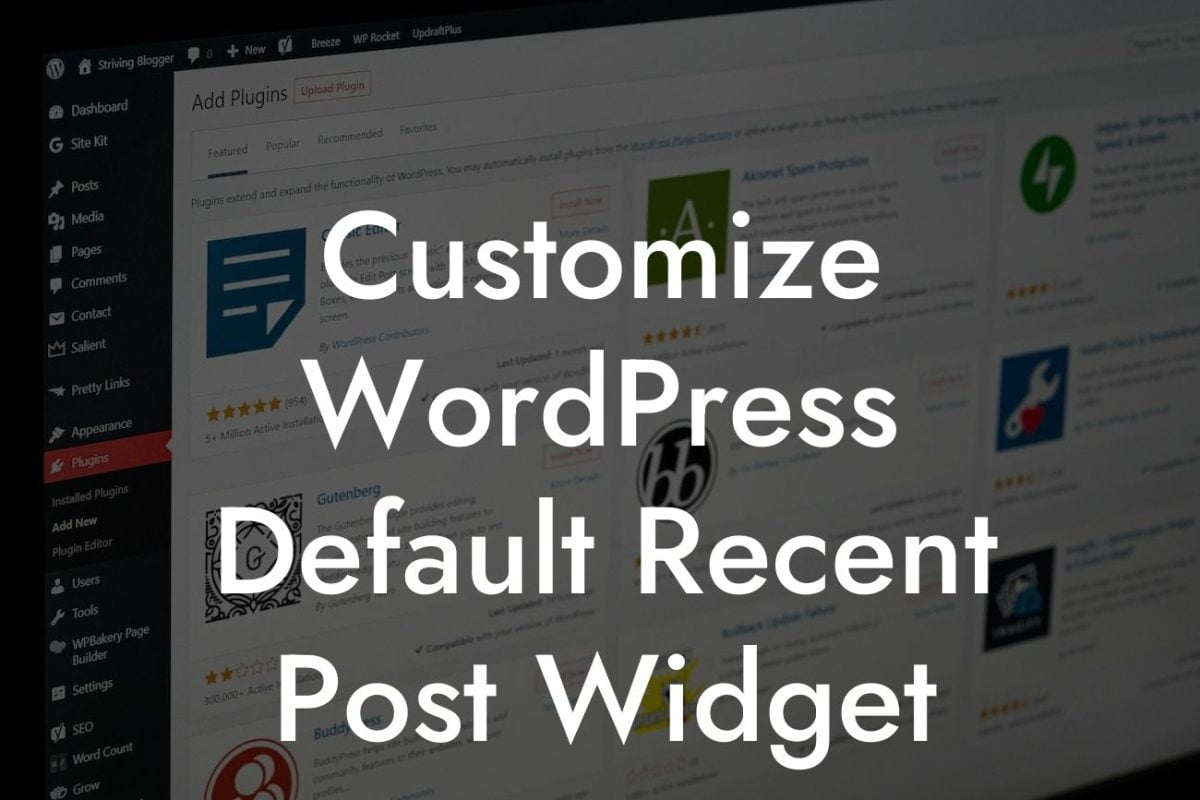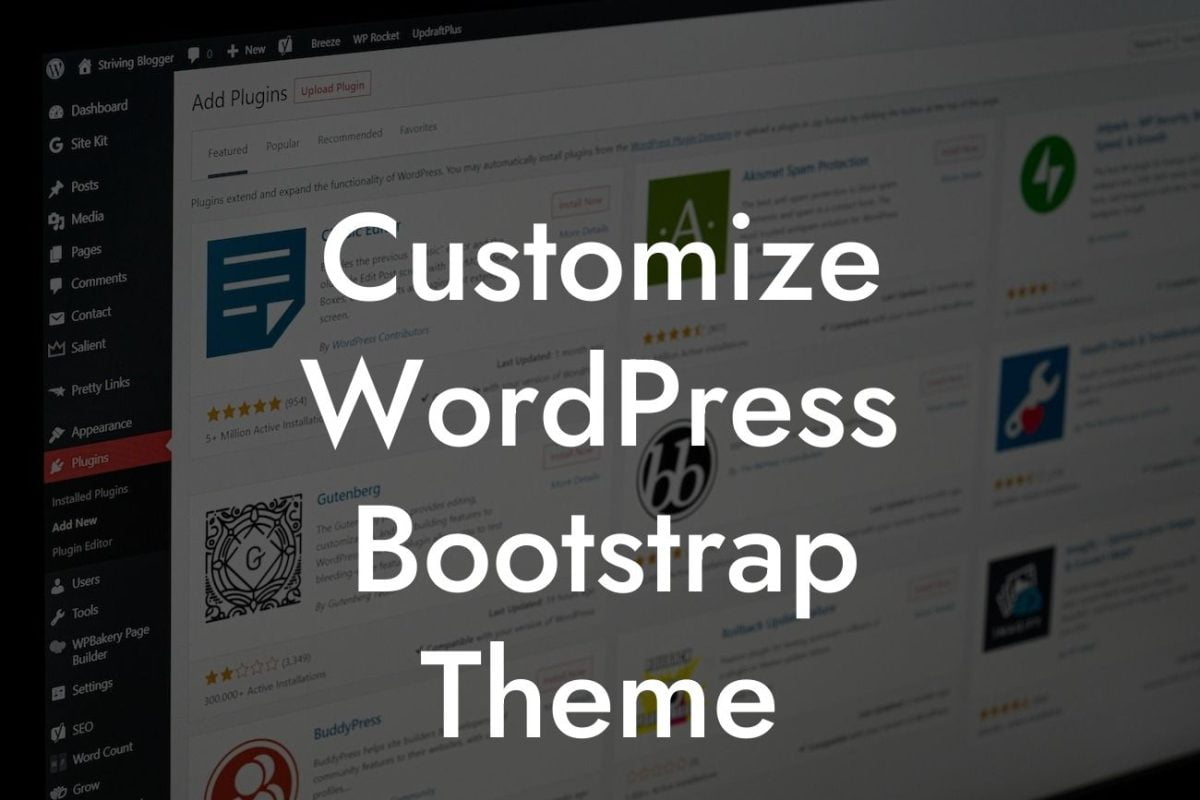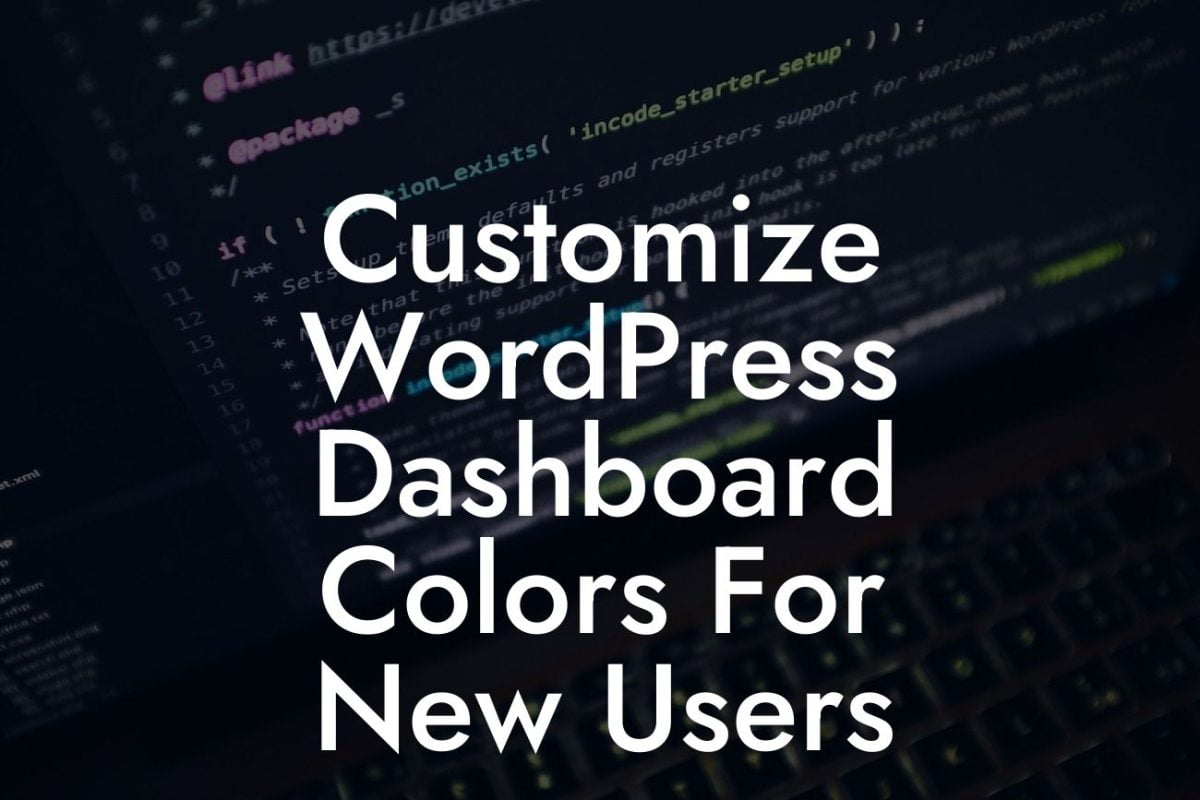WordPress has become one of the most popular content management systems for small businesses and entrepreneurs. However, as your website grows and becomes more complex, you may start to notice a decrease in its speed and performance. This can have a significant impact on user experience and even affect your search engine rankings. In this guide, we will delve into the world of Speed Index in WordPress and provide you with practical tips and strategies to improve your website's loading time. Get ready to optimize and supercharge your online presence!
Speed Index refers to the measurement of how quickly the visual content of a web page is displayed to the user. It plays a crucial role in user experience, as visitors tend to abandon slow-loading websites. To ensure your WordPress site performs at its best, here are some key areas to focus on:
1. Optimize Image Sizes: Large image files can slow down your website significantly. Use image compression tools and plugins to reduce the file size without compromising the quality. Additionally, consider lazy loading, a technique that defers the loading of images until they are visible on the screen.
2. Minify CSS and JavaScript: Eliminate unnecessary characters, spaces, and comments from your CSS and JavaScript files to reduce their size. This can be done with the help of plugins or by manually editing the files.
3. Use Caching: Implement a caching mechanism to store frequently accessed data in a temporary storage area. This reduces the need for repeated database queries and file requests, resulting in faster page loading times. There are numerous caching plugins available for WordPress, such as W3 Total Cache and WP Rocket.
Looking For a Custom QuickBook Integration?
4. Optimize Database and Website Structure: Regularly clean up your database by removing unnecessary data, such as draft posts, spam comments, and unused plugins. Organize your website structure by enabling and configuring SEO-friendly permalinks and optimizing your site's navigation.
How To Improve Speed Index Wordpress Example:
Let's consider a small business owner, Lisa, who runs an online store using WordPress. She noticed that her website's loading time was quite slow, leading to a high bounce rate and lost sales. Lisa decided to take action and optimize her site's Speed Index. She followed the steps mentioned above, including compressing her product images, minifying CSS and JavaScript files, installing a caching plugin, and cleaning up her database. As a result, Lisa's website saw a significant improvement in loading time, resulting in better user experience and increased sales.
Now that you have a deep understanding of the importance of Speed Index in WordPress and how to improve it, it's time to supercharge your website's performance with DamnWoo's powerful plugins. Explore our wide range of WordPress plugins designed exclusively for small businesses and entrepreneurs like you. Don't settle for cookie-cutter solutions when you can embrace the extraordinary. Share this article with fellow website owners and let them experience the power of DamnWoo. Stay tuned for more guides and resources to enhance your online presence. Take action today and witness the transformation of your WordPress website!

